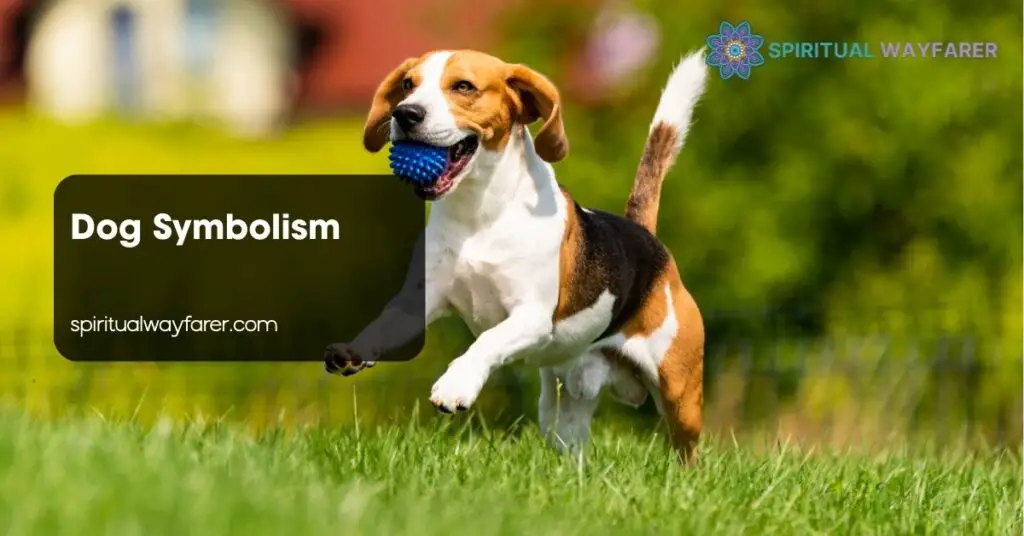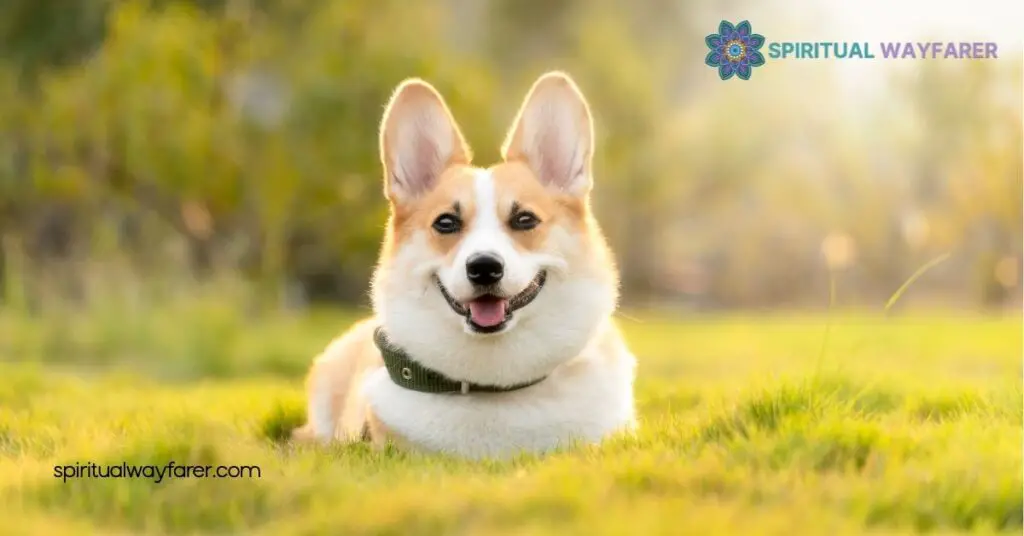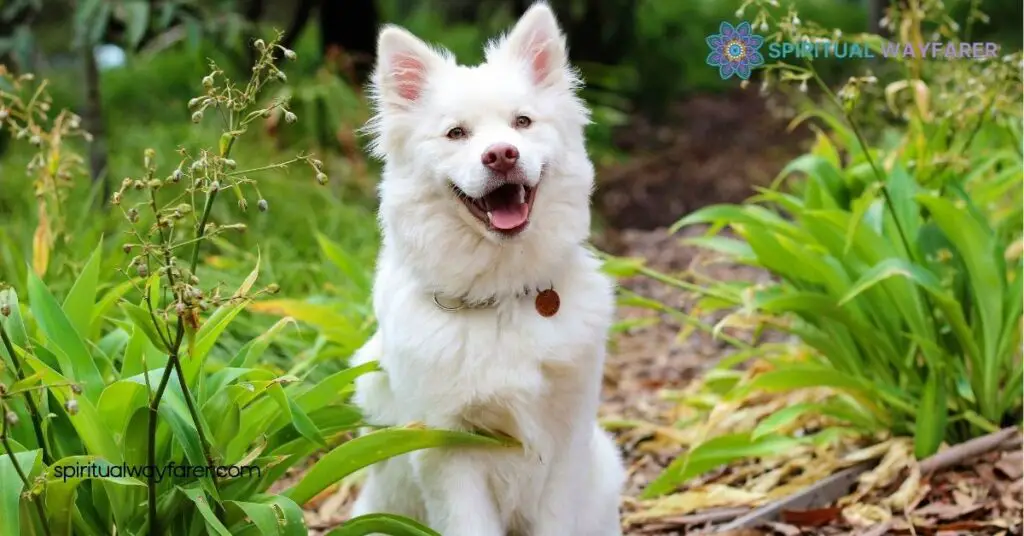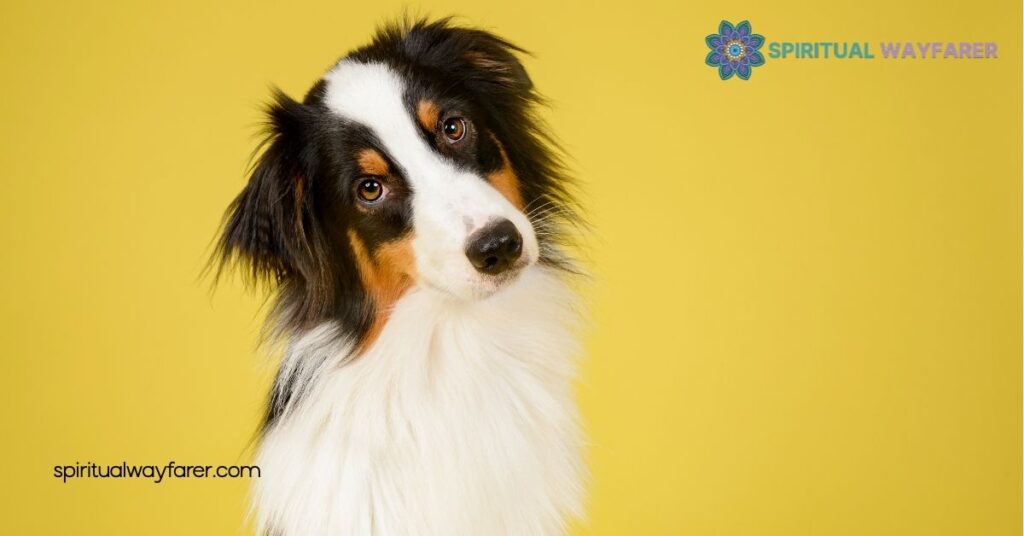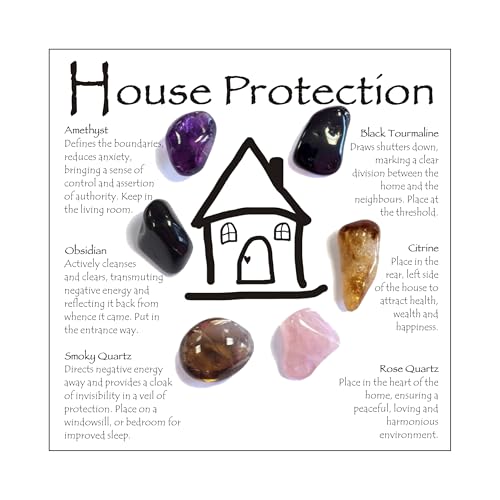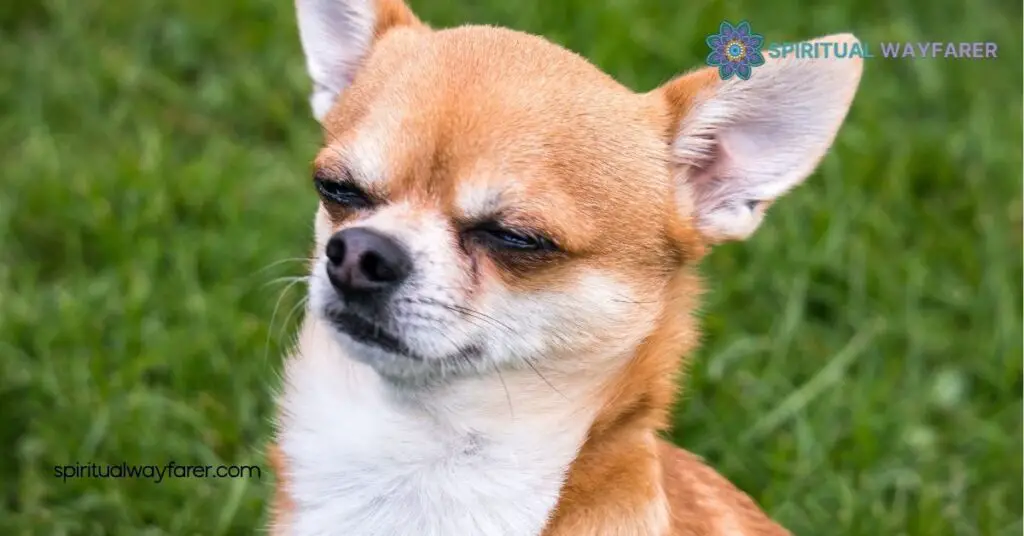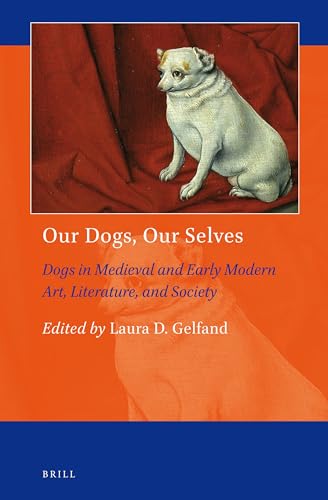Dogs have long held a special place in our hearts and cultures, embodying a myriad of symbols and meanings. From loyalty and protection to freedom and intuition, dog symbolism runs deep across different societies and traditions.
By exploring the rich tapestry of dog symbolism, we uncover insights into our own lives and the universal human experiences they reflect. Join us as we investigate into the intriguing area where man’s best friend becomes a powerful emblem of our deepest values and aspirations.
The Historical Significance Of Dogs
Throughout history, dogs have played essential roles in human societies. Their influence spans various cultures and epochs.
Ancient Civilizations And Dogs
In ancient Egypt, dogs served as guardians and symbols of protection, often depicted in tombs and art. The Greeks valued dogs for their loyalty, associating them with gods like Artemis. Mesopotamian societies employed dogs in hunting and herding, underscoring their integral role in daily life.
Dogs In Mythology And Folklore
Various mythologies portray dogs as symbols of loyalty and bravery. Norse legends feature Garmr, a formidable guardian creature. Greek mythology introduces Cerberus, the three-headed dog that guards the underworld. Folktales around the industry include supernatural dogs, highlighting their enduring symbolic significance.
Symbolism Of Dogs In Different Cultures
Dogs hold varied symbolic meanings across different cultures, reflecting their roles and relationships with humans throughout history. Understanding these symbols provides deeper insights into the values and beliefs of each society.
Western Symbolism
In Western cultures, dogs symbolize companionship, protection, and unwavering loyalty. Ancient Greece and Rome highlight these traits prominently.
- Ancient Greece and Rome
Greeks prized dogs for their loyalty and companionship. Odysseus’s dog Argos in Homer’s “Odyssey” exemplifies the deep bond between humans and dogs[^1][^4]. Romans utilized dogs as guardians and protectors, deploying them in military campaigns and as sentinels. Poets like Martial composed heartfelt epitaphs for beloved dogs, showcasing the emotional connections Romans felt toward these animals[^1][^4].
- Middle Ages and Renaissance
During the Middle Ages, dogs represented faith, loyalty, and marital fidelity. Allegorical paintings frequently featured dogs to symbolize fidelity, while portraits often included dogs to signify a woman’s faithfulness to her late husband[^4].
Eastern Symbolism
In Eastern cultures, dogs are revered for their protective qualities and spiritual significance. They often appear in folklore and mythology, embodying virtues such as loyalty and bravery.
- Chinese Culture
The Dog is the eleventh sign in the Chinese zodiac, symbolizing loyalty, honesty, and reliability. People born under this sign are believed to possess these traits, making dogs integral to cultural festivities and personal identities.
- Japanese Culture
In Japan, dogs are seen as guardians against evil spirits. The Shiba Inu, a native breed, is considered a symbol of good fortune and is often depicted in traditional art and literature as a protector of homes.
[^1]: Reference 1
Common Meanings Associated With Dogs
Dogs symbolize various values and traits across cultures and history. We explore their significance through key aspects.
Loyalty and Protection
Dogs embody unwavering loyalty and protection in many societies. In ancient Egypt, they connected with Anubis, the god of the afterlife, guiding souls through the underworld. Artists during the Renaissance depicted dogs as faithful companions to saints and hunters, highlighting their devotion. Eastern traditions value dogs for their protective instincts and loyalty, emphasizing the importance of familial bonds and dedication to loved ones.
Guidance and Friendship
Dogs also represent guidance and friendship. They appear as guardians in mythology, providing direction and support to heroes. Our companionship with dogs showcases their role as trusted friends, offering emotional support and strengthening social connections. This bond highlights how integral dogs are in our lives, serving both as guides and cherished friends.
Dogs In Literature And Art
Symbolic Meanings in Art
- Loyalty and Fidelity: Northern Renaissance paintings frequently feature dogs to symbolize marital fidelity and trust. For example, Jan van Eyck’s Arnolfini Portrait includes a dog representing the couple’s loyalty[1][5].
- Social Status: Artists incorporate dogs in hunting scenes to emphasize the wealth and social standing of the depicted nobility. These representations highlight the high status of the individuals involved[1][5].
- Moral Complexity: Dogs serve as symbols of both virtue and vice, illustrating the coexistence of good and bad traits within individuals. This dual representation allows artists to explore the complexities of human nature[1].
Symbolic Meanings in Literature
- Companionship and Protection: In literature, dogs often embody unwavering companionship and protection. Classic novels like White Fang by Jack London showcase dogs as loyal allies and guardians.
- Symbol of Instinct and Intuition: Writers use dogs to represent innate instincts and intuition. For instance, in To Kill a Mockingbird by Harper Lee, the presence of dogs underscores themes of morality and justice.
- Embodiment of Freedom and Wildness: Literary works frequently depict dogs as symbols of freedom and wildness. In The Call of the Wild by Jack London, dogs navigate the tension between domestic life and their wild instincts.
Modern Interpretations Of Dog Symbolism
Loyalty, Protection, and Unconditional Love
Today, dogs symbolize loyalty, protection, and unconditional love. Their roles as faithful companions and guardians highlight these qualities. The dog spirit animal embodies deep attachment to loved ones, constant safety, and genuine compassion and emotional support[4][5].
Mental Health and Emotional Support
Dogs also represent mental health awareness. The term “black dog,” used by Sir Winston Churchill, metaphorically signifies depression and other mental illnesses[1]. This interpretation positions dogs as symbols of hope and resilience, promoting open conversations about mental health issues.
Conclusion
Dogs have always held a special place in our hearts and cultures. Their symbolism goes beyond mere companionship reflecting deep values like loyalty and protection. Understanding these symbols gives us a richer appreciation of the bond we share with our canine friends.
Embracing the diverse meanings of dogs across different societies connects us with our shared human experiences. Whether as guardians in ancient myths or sources of emotional support today dogs continue to inspire and guide us in countless ways.
Frequently Asked Questions
What role do dogs play in human culture?
Dogs play a significant role in human culture by symbolizing loyalty, protection, freedom, and intuition. They have been integral to various ancient civilizations, featured in mythology, folklore, literature, and art. Dogs embody deep emotional connections, serving as faithful companions and guardians, and their symbolic meanings provide insights into shared human values and aspirations.
How have dogs been depicted in ancient civilizations?
In ancient civilizations, dogs were depicted as guardians and symbols of loyalty. For example, in Egyptian tombs, dogs were portrayed as protectors of the afterlife. In Greek culture, they were associated with loyalty and often featured in poetry and art. In Mesopotamia, dogs were used practically for hunting and herding, highlighting their essential roles in daily life and society.
What is the significance of dogs in Eastern cultures?
In Eastern cultures, dogs are revered for their protective qualities and spiritual significance. In the Chinese zodiac, they symbolize loyalty and reliability. In Japan, breeds like the Shiba Inu are seen as guardians against evil spirits and symbols of good fortune. These cultural perspectives emphasize the importance of dogs in safeguarding households and bringing positive energy.
How are dogs represented in literature and art?
Dogs are often portrayed in literature and art as symbols of loyalty, fidelity, and companionship. In Northern Renaissance paintings, such as Jan van Eyck’s Arnolfini Portrait, dogs signify faithfulness. In literature, novels like “White Fang” and “To Kill a Mockingbird” use dogs to embody protection and intuition. They also represent freedom and wildness in works like “The Call of the Wild,” highlighting the balance between domestic life and innate instincts.
What is the modern significance of dogs in mental health?
In modern times, dogs symbolize hope and resilience, playing a role in mental health awareness. The term “black dog,” used by Sir Winston Churchill to denote depression, highlights the emotional support dogs provide. They promote open conversations about mental health issues by embodying unconditional love and serving as faithful companions, thereby enhancing emotional well-being.
How do dogs symbolize protection across different societies?
Dogs symbolize protection by serving as guardians in various cultural narratives. In ancient Egypt, they were linked to Anubis, the god of the afterlife, acting as protectors. In Eastern traditions, dogs are believed to ward off evil spirits. Globally, dogs are seen as protectors of their families and homes, reinforcing their role as trusted and vigilant companions across diverse societies.
What insights can exploring dog symbolism offer?
Exploring dog symbolism provides insights into human values such as loyalty, protection, and companionship. It reveals how different cultures perceive and relate to these values through their relationship with dogs. Understanding dog symbolism can deepen our appreciation of shared human experiences and the profound connections that dogs represent in our lives and cultural narratives.
In what ways do dogs embody loyalty and protection in Western cultures?
In Western cultures, dogs embody loyalty and protection through their roles as companions and guardians. Historical depictions in Greek and Roman art emphasize their steadfastness. During the Middle Ages and Renaissance, dogs represented faith and marital fidelity. Today, dogs continue to symbolize unwavering loyalty and serve as protectors, reinforcing their enduring presence as integral members of families and communities.
How have dogs influenced human experiences historically?
Historically, dogs have influenced human experiences by serving essential roles in hunting, herding, and protection. They have been depicted in art and mythology, reflecting their societal importance. Dogs facilitated agricultural and survival efforts in ancient civilizations and continue to impact modern lives as companions and working animals. Their presence has shaped human culture, values, and emotional well-being throughout history.
What is the connection between dogs and freedom in literature?
In literature, dogs often symbolize freedom and wildness, representing the tension between domestic life and natural instincts. Works like “The Call of the Wild” illustrate this connection by portraying dogs navigating their inherent desires for freedom amidst domestication. This symbolism highlights the complex relationship between humans and dogs, emphasizing themes of independence, survival, and the enduring spirit of the wild.

